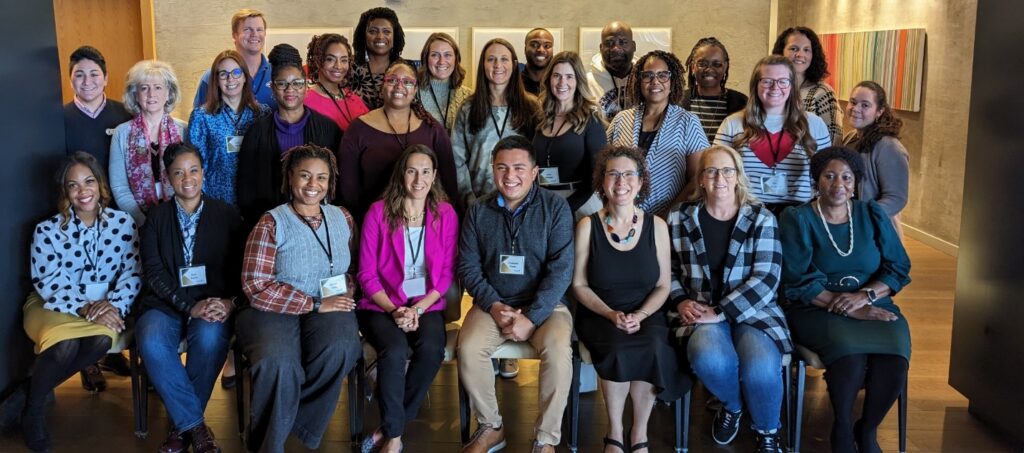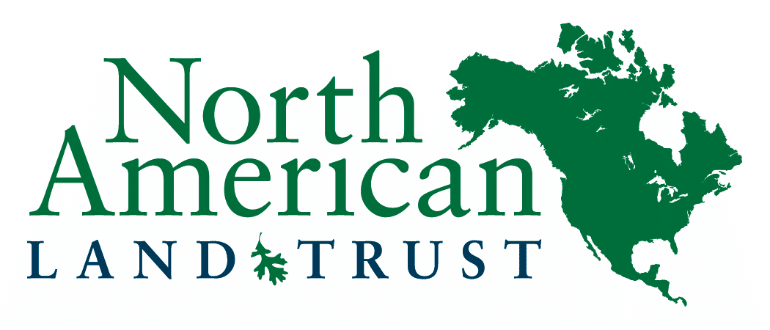
While we look ahead to the release of the updates to the Standards for Excellence program in the coming weeks, it is also important to pause to reflect on topics in the Standards that that have stood the test of time over the long term.
One of the important areas included in the Standards for Excellence since the program’s launch in 1998 has been the conflict of interest benchmarks. The Standards for Excellence: An Ethics and Accountability Code for the Nonprofit Sector encourages nonprofits to have a written conflict of interest policy that applies to board members, staff, and volunteers with significant independent decision making for the organization. The code also states that potential conflicts of interest need to be addressed both at the time when someone affiliates with the organization and then on an annual basis. The code also suggests that organizations have a process for discussing and making decisions on conflict of interest situations. These discussions and decisions will need to be made by people who are not involved in the potential conflict.
The conflict of interest policy benchmarks have always focused on ensuring that decisions are made in the best interest of the organization, rather than for the benefit of individuals or other entities. In my estimation, we’ve fielded hundreds if not thousands of questions about conflicts of interest from nonprofit leaders over the years. There are a lot of gray areas. While it is easy to assume that most potential conflicts of interest relate to situations where organizations consider purchasing something from a board member, there are so many other potential conflict of interest situations nonprofits face every day.
For some organizations, conflict of interest concerns show up in the midst of purchasing; for others, these concerns involve program delivery, or hiring, or even fundraising. Just this week, I found myself in the midst of a project that was assigned to me because the staff person normally assigned to address the task had a close relationship with the organization we are serving. As a practice, we endeavor to avoid situations where the individual reviewing organizations holds such a relationship. We, like many nonprofits, do our best to have practical solutions to addressing conflicts of interest that come up in our day-to-day work. The more we know about this topic, the more we talk about it, the more we keep in mind that the very people who lead, staff and volunteer at our organizations have many different relationships with outside individuals and organizations, the more we can come up with practical solutions to continue to keep the best interests of the organization front and center.


